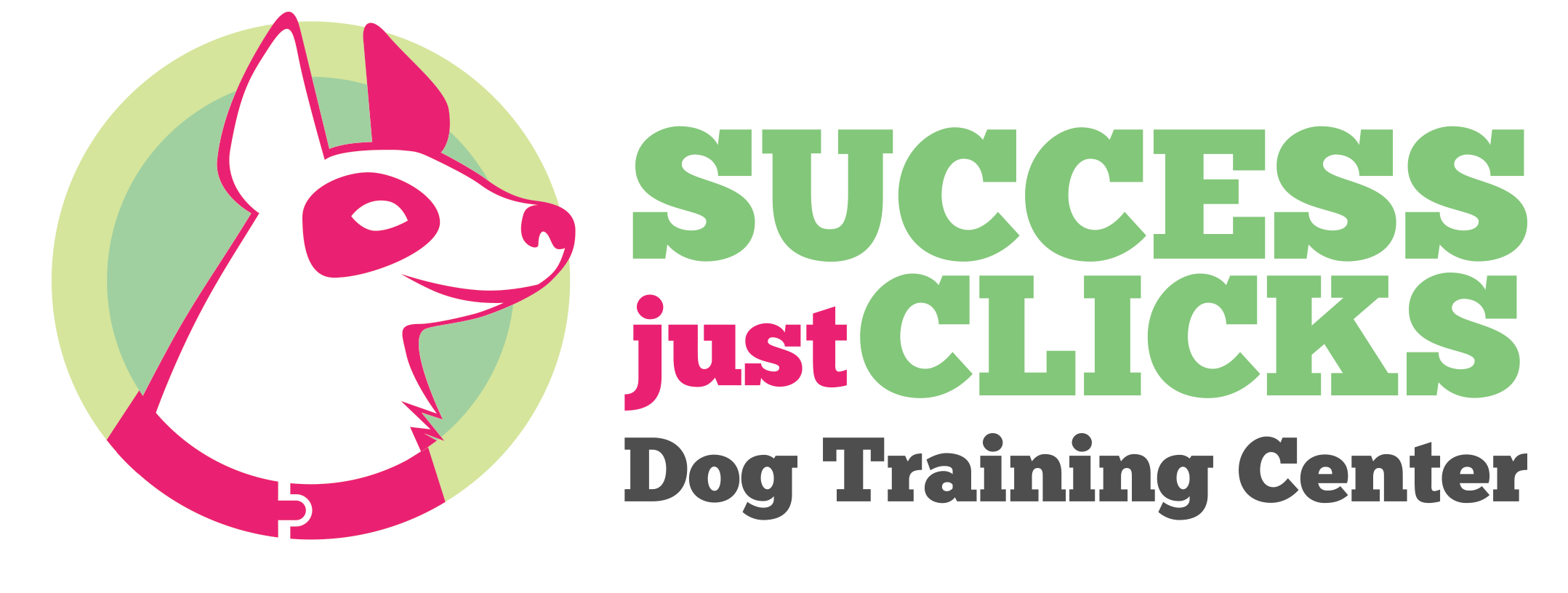
There are a lot of ways that we, as handlers, sabotage our ability to have an awesome recall. Although some may seem obvious, many people often don’t see the big picture until it is pointed out. The number of “ah hah” moments I see when I talk about why someone’s recall may be broken is pretty astonishing. Perhaps more astonishing is that most of them also say something to the effect of, “oh, well I guess that makes sense” once I pointed out the problem, it became quite obvious.
So, let’s talk about some of the most common mistakes people make with recalls.
Punishment–Essentially anytime you are frustrated when your dog finally comes back after chasing something fun and you gruffly interact with them or actually physically punish them, you are breaking the recall. It’s both frustrating and scary when your dog ignores your recall and goes gallivanting through the woods but you have to reward and be happy (in body language and ton of voice) when your dog eventually chooses to come back.
Ending the fun–Often, the only time dogs are recalled is when they are being leashed up at the park, being called in from playing in the backyard, or being called away from a chase. Think about it … to these dogs, recall means end of fun… so there is little motivation to recall if the activity they are engaging in is rewarding. Just ponder for a moment when you use the recall and what results … is the dog always losing when you recall?
Bath time–Okay so it’s not just baths… but anything your dog finds unpleasant–grooming, car ride, nail clipping, crating, etc. Essentially the dogs are being punished for coming back because after they come back they are engaging in an unpleasant activity. You really need to think like your dog for a moment … why is your dog choosing not to come back to you? Perhaps it’s because after they come to you you put them in their kennel and you leave… it’s not disobedience, they just see recalling as punishment.
Overuse–I think of a formal recall as something I don’t use too frequently. I think one of the traps people get into is that they start using “come” multiple times everyday for various purposes. The word becomes less like a cue and more like a nagging background noise. When you say “come” many times a day and don’t appropriately reward for each recall, you are removing meaning and value to that word. Eventually the recall word will mean virtually nothing.
Low reinforcement–Essentially you haven’t had a long/powerful enough reward history for the dog recalling. You need to become more reinforcing than the environment and the way we do this is through a strong history of reinforcements. Eventually, when a dog has a long history of reinforcement they dont even question if good things will happen when they recall.. they just assume it will since it historically has.
Chase me!!–Many people fall into the trap of chasing after the dog when it doesn’t choose to come back when called. To the dog… this is an AWESOME game. You are essentially rewarding the dog for NOT recalling with a fun game of chase!
Ill-timed reinforcement–If you call your pup back to you and your dog ignores you it’s bad enough (see overuse) but when they are then rewarded or reinforced for ignoring your cue it can quickly cause a big breakdown in behavior. Sam is at an agility class and goes wandering around the course…you recall and he ignores you and walks up to another student who inadvertently rewards the dog for both going off course AND failing to recall. Or if your dog ignores a recall but gets to chase deer instead.
Novelty of off-leash time–It is ridiculously difficult to compete with freedom when a dog is rarely off-leash. So dogs who find being off-leash very novel and new are prone to having recall problems in general because it’s difficult to make it feel worth-it for them to come back and risk losing that freedom.
Changing Cue/Criteria–It seams simple, but many people struggle with keeping the cue and criteria the same. One word recall suddenly becomes “come, come COME!!.” Or the dog could easily misunderstand “Come here,” “Come,” “Com’ere,” “here,” “Come on!”–imagine if we included all the changes in tone of voice. There is simply a lot for them to try and translate and understand when humans regularly change the cue.
This list is not nearly exhaustive but it covers some of the most common mistakes. Periodically I think about this list in terms of my recall work with my dogs… I see what areas I’m doing well in and what areas I need to watch–I’m not perfect, and honestly I dont know any people who are, but I hold myself to the highest standard because that gives my pups the absolute best chance to be incredibly successful.
(412) 849-7788
successjustclicks@gmail.com

Hahahaha! I know that top expression all too well.
Dang recalls. I really wish these were easier. They are becomming the most frustrating part of our dog training experience yet. I know what I am supposed to do, I have all the resources, I’ve played all the games, and yet distractions still kill us. The question is, how do I practice around distractions when the littlest thing, like a blowing leaf dirt, will ensure she blows me off? I don’t want to practice her ignoring me. Ugh. We’ll get there. Maybe I will just blame that one person in class over a year ago who gave her cheese when she ran away from me. 😛
Great post, by the way!
Great post. The come command is definitely the most important in my book as it can put an end to potential tricky situations.